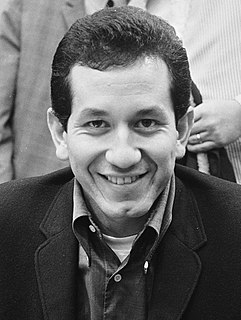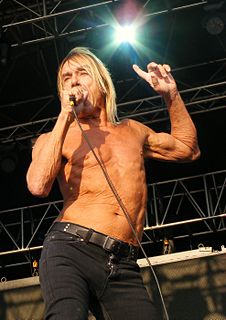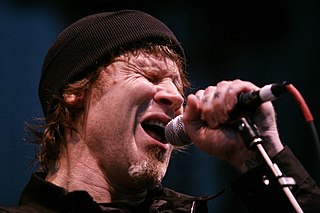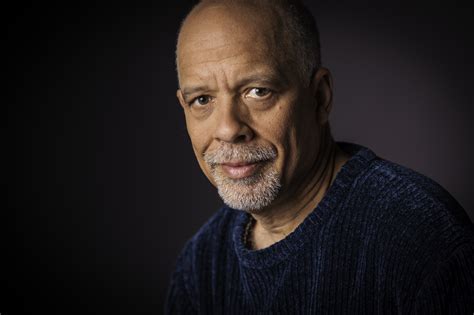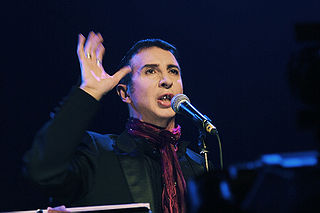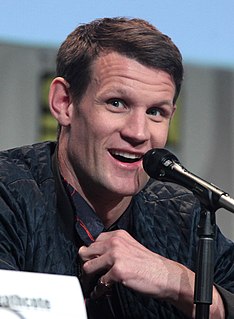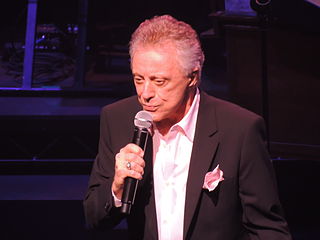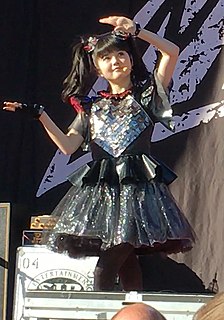A Quote by Robert Davi
The [Frank] Sinatra interpretation of the music, as opposed to some other music that you were listening to - where you felt like they were singing at you - you felt Sinatra was singing to you. It's a very intimate art form, and that's what I responded to - the intimacy of his performance.
Related Quotes
There is a man up in Philadelphia, I've known him for 50 years now, his name is Sid Mark. He does a radio program featuring Frank Sinatra music exclusively - one show for decades, "Friday with Frank," "Saturday with Sinatra," "Sunday with Sinatra," for decades. This is something that is really quite important.
I'd come home from school alone with those teenage blues and I'd put on Frank Sinatra's It was a very good year. Here was this mature man singing about the cycle of his life, and as a kid I felt the emotions of it already. It has since been a touchstone for me whenever I want to experiment musically.
For some years now, I've been doing a program called "Sinatra Sings Sinatra." It's been going on virtually since the end of '98. Nineteen ninety-eight was the year Frank Sinatra died. ... Now having reached what would have been his 100th year - I decided back in 2013 when we started to put all of this together, I decided what we should do was the first "Sinatra Sings Sinatra" in which we go audio visual.
One thing is certain: for many of those who came back from WWII, the music of Frank Sinatra was no consolation for their losses. Some had lost friends. Some had lost wives and lovers. All had lost portions of their youth. More important to the Sinatra career the girls started marrying the men who came home. Bobby socks vanished from many closets. The girls who wore them had no need anymore for imaginary lovers; they had husbands. Nothing is more embarrassing to grownups than the passions of adolescence, and for many, Frank Sinatra was the passion.


